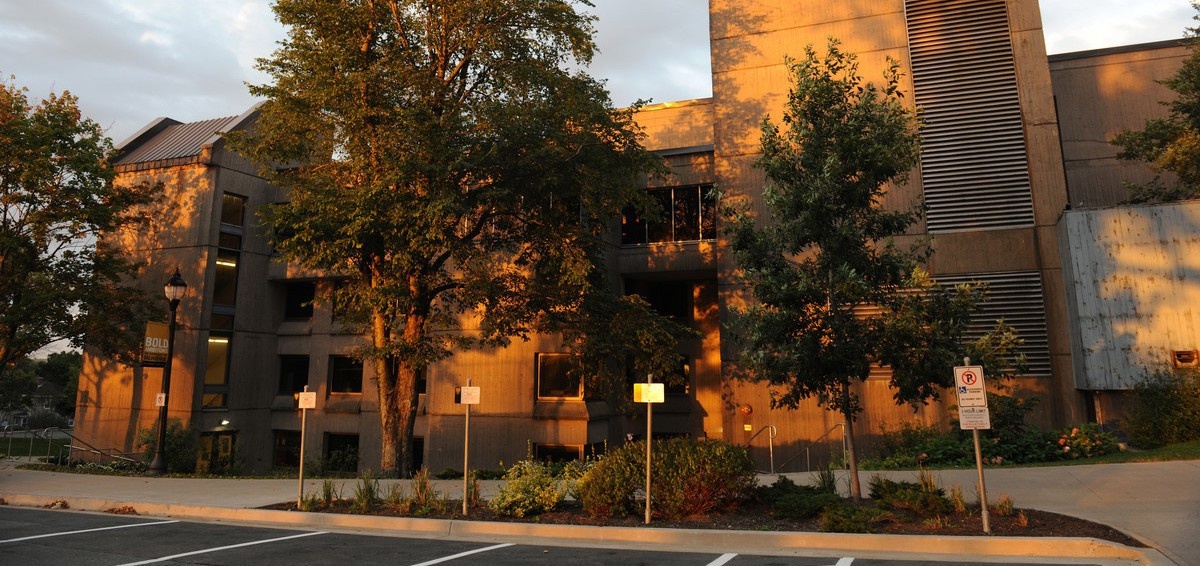Donald Mitchell
Professor Emeritus

Email: D.E.Mitchell@dal.ca
Phone: (902) 266-2141
Fax: (902) 494-6585
Mailing Address:
- Visual system development
- Neuroscience
- Visual perception
- Cellular mechanisms
- Neuroplasticity
Education
B.App.Sci (University of Melbourne, 1963)
Bsc (University of Melbourne, 1965)
M. App. Sci. (University of Melbourne, 1966)
PhD (University of California, Berkeley, 1968)
PDF (Florida State University) 1968-1970
Research Interests
The research topics listed above are addressed by a combination of experimental techniques but principally rely on the use of a behavioural technique developed in my lab that enables measurement of the visual capabilities of young kittens that have either received normal or abnormal early visual input.Ь§ For many years my work has examined ways to alleviate visual deficits that arise through abnormal early visual input.
In the last decade this work has been accelerated through collaboration with two of my colleagues (Drs. Kevin Duffy and Nathan Crowder).Ь§ We have discovered that a 10 day period of total darkness can reverse severe visual deficits induced by early deprivation of visual input to one eye and with Dr. Mark Bear and colleagues at MIT we have shown that similar fast recovery can be produced pharmacologically by temporary inactivation of the retinas of both eyes.
Selected Publications
тЂ Mitchell, D.E. and Maurer D. Critical periods in vision revisited. Annual Review of Visual Science Vol. 8 (in press).
тЂ Mitchell, D.E., Crowder, N.A. and Duffy, K.R. The critical period for darkness-induced recovery of the vision of the amblyopic eye following early monocular deprivation. Journal of Vision 2019:19(6):25, 1т13, https://doi.org/10.1167/19.6.25.
тЂ Mitchell, D.E., Aronitz,E., Bobbie-Ansah, P., Crowder, N. and Duffy, K.R. Fast recovery of the amblyopic eye acuity of kittens following brief exposure to total darkness depends on the fellow eye. Neural Plasticity vol. 2019, Article ID 7624837, 11 pages, 2019. .
тЂ Mitchell, D.E. and Sengpiel, F. Animal models of Amblyopia. Visual Neuroscience vol 2018, 35, e017, 7 pages, ArticleЬ§ 0952-5238/18.Ь§ Doi:10.1017/S0952523817000244. Already published in Amblyopia: Challenges and Opportunities. The Lasker/IRRF Initiative for Innovation in Vision Science. Dowling, J.E. (ed.) pp. 77-90. 2017.
тЂ Holman, K.D., Duffy, K.R., and Mitchell, D.E.Ь§ Short periods of darkness fail to restore visual or neural plasticity in adult cats. Visual Neuroscience 35, 2018 doi: 10.1017/S0952523817000335
тЂ Duffy, K.R., Fong, M-f, Mitchell, D.E. and Bear, M.F.Ь§ Recovery from the anatomical effects of long-term monocular deprivation in cat lateral geniculate nucleus. Journal of Comparative Neurology 526(2): 310-323, 2018. Ь§doi: 10.1002/cne.24336. 2018
тЂ Fong, M-f, Mitchell, D.E., Duffy, K.R. and Bear M.F.Ь§ Rapid recovery from the effects of early monocular deprivation is enabled by temporary inactivation of the retinas. Proceedings of the National Academy of Sciences USAЬ§ 113 (49) 14139-14144, 2016. .
тЂ Duffy, K.R., Lingley, A.J., Holman, K.D. and Mitchell, D.E.Ь§ Susceptibility to monocular deprivation following immersion in darkness either late into or beyond the critical period. Journal of Comparative NeurologyЬ§ 524: 2643-2653. 2016.
тЂ Mitchell, D.E.,Ь§ MacNeil, K., Crowder, N.A., Holman, K. and Duffy, K.R. The recovery of visual functions in amblyopic felines following brief exposure to total darkness. Journal of PhysiologyЬ§ 594: 149-167, 2016. DOI: 10.1113/JP270981
тЂ Mitchell, D.E.,Ь§ Crowder, N.A.,Ь§ Holman, K.,Ь§ Smithen, M. and Duffy, K. R.Ь§ Ten days of darkness causes temporary blindness during an early critical period in felines. Proceedings of the Royal Society London Series B 282: 2014.2756 (2015) pp 1-7.
Awards and Honours
Fellow, National Vision Research Institute of Australia, 1983
Faculty of Science, Killam Professor, аТМгЦТСљКЯВЪПЊНБжБВЅЬ§ 1995-2000
Honorary doctorate, Universite de Montreal 2008
HB Collin Research Medal, Optometric Association of Australia 2013
Service and Activity
тЂ Member,Ь§ 1502- Biological Systems and Functions Evaluation Group. Discovery Grants Program, National Sciences and Engineering Research Council of Canada (NSERC), 2015-18.
тЂ Member of Review panel for Stage 2,Ь§ CIHR Foundation Grant Program 2016-7 competition
тЂ Member,Ь§Ь§ Peer Review Committee, CIHR, Team Grants, Vision, Hearing and Communication Disorders, June 2009-July 2010.
тЂ Member, Psychology (GS12) Grant Selection Committee, NSERC 1986-8);Ь§ Chairman of the committee 1988-9.
тЂ Member of the Behavioral Sciences Grant Review Committee, Medical Research Council of Canada. 1974-8
